 Jenna Benbaruj, she/her
Jenna Benbaruj, she/her
Degree: 2nd year of Master of Science in Kinesiology (MSc)
Supervisor: Dr. Bill Sheel
Teaching Assistant for KIN 110
What is your research/degree focusing on?
My graduate research falls under the umbrellas of integrative cardiopulmonary physiology and exercise physiology. Specifically, my thesis aims to investigate sex-based differences in the reflex blood pressure response to exercise using different muscle groups. I have also been assisting with other research projects in the Health and Integrative Physiology Laboratory (HIP) lab that focuses on diaphragm fatigue, sex and gender bias in physiology, and blood pressure control with aging.
Why is this field important to you? Why is it important to the School and/or to society?
As a young kid, I was always curious about anatomy and exercise; my interests quickly morphed into a passion for cardiovascular physiology and exercise when I began my academic career. I chose to pursue research in this field due to my passion and after learning about the role of cardiovascular disease (CVD) as the global leading cause of death. Like many individuals, CVD has had a significant impact on many of my loved ones, which largely influenced my aspiration to contribute to the growing body of research surrounding cardiovascular health. I feel very fortunate to be able to conduct cardiopulmonary research at UBC, in collaboration with well-esteemed researchers. These researchers include Dr. Bill Sheel, Professor and Distinguished Scholar at UBC School of Kinesiology, Dr. Meaghan MacNutt, Assistant Professor at UBCO’s School of Health and Exercise Sciences, and my fellow graduate and undergraduate students within the HIP lab.
As mentioned above, CVD is the global leading cause of death, so research in cardiopulmonary physiology has significant clinical relevance to the healthcare field. Exercise is also gaining recognition for having clinical significance, which can be attributed to the increasing evidence supporting the Exercise is Medicine global initiative.
What was your undergraduate degree in, and from which university did you graduate? How did your undergraduate studies influence your path to UBC KIN grad school?
In 2020, I graduated from UBC’s Okanagan campus with a Bachelor of Human Kinetics, focusing on Clinical Exercise Physiology. I also did a minor in general sciences and completed an Honour’s thesis. During my undergraduate years, I was fortunate enough to spend two years assisting with research under the supervision of Dr. Glen Foster, Associate Professor in the School of Health and Exercise Sciences. I helped investigate several overlapping topics within physiology, such as autonomic physiology, sleep medicine, and cardiopulmonary physiology. That experience was truly eye-opening and helped me recognize the importance and applications of research to kinesiology, education, and healthcare. Recognizing the pivotal role of research inspired me to pursue my current graduate program at UBC and helped me realize my desire to become a clinician scientist.
Is your work interdisciplinary? Do you work in research clusters?
My thesis study is not particularly interdisciplinary because all my collaborators are from the same lab. However, many projects that I assist with outside of my thesis are in collaboration with other research labs at the UBC School of Kinesiology or UBCO.
What do you hope to do with your degree when you finish your grad studies?
After I graduate from my current program, I hope to continue conducting research and eventually become a clinician scientist. In alignment with my passions for research and physiology, I hope to one day have a medical practice that enables me to apply my research to clinical populations.
Many of our graduate students are athletes or incorporate exercise into their lifestyle. Do you incorporate physical activity in your life? If so which ones? Feel free to elaborate on this.
After moving back to Vancouver for graduate school, I have been enjoying running in and around Pacific Spirit Park during my study breaks. In the summer, you might also find me biking along the Stanley Park seawall or Jericho Beach.
Have you worked as a TA, Student Rep or in another leadership position? What have you learned from these experiences? And what would you advise prospective grad students about these experiences?
I currently work as a TA for KIN 110, which I also TA’d for in the Fall of 2020. I had the joy of learning how to assist students both online and in-person. These TAships have taught me many lessons, the most important one being the importance of acknowledging each student’s individual circumstances. Particularly in the context of COVID-19, it’s been fun finding creative ways to keep resources as accessible and inclusive as possible. For prospective graduate students, the advice I would give regarding TAships is to be mindful of each student’s individual circumstances and to be empathetic in your teaching.
Do you have any advice to give students who are thinking about grad school?
For students considering graduate school, I have three small pieces of advice:
1) Be thorough, take your time to consider which area of research you want to pursue, and try to find an area that genuinely sparks your interest.
2) Be unafraid to step outside your comfort zone because that’s where you’ll learn the most.
3) Prioritize your work-life balance whenever possible.
Other points that you feel are important to make about who you are and about your research?
I was born and raised in Vancouver, very close to UBC’s campus. In returning to Vancouver since my undergrad, I have had a few “life comes full circle moments”. For example, when I was a young child, I used to take gymnastics classes in Osborne, and now I work as a TA in a classroom in the same building, just a floor above.
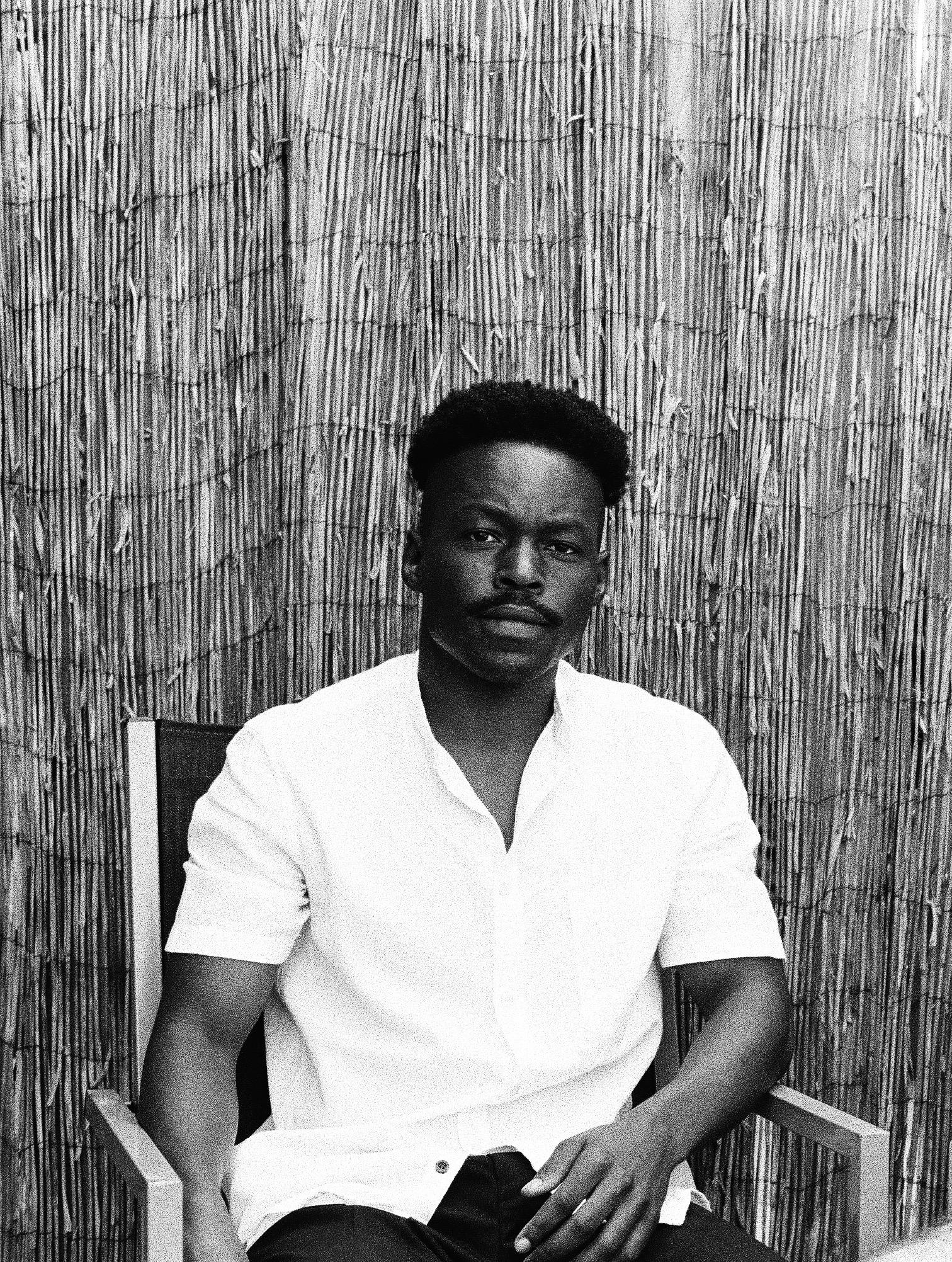 Boaz Injege
Boaz Injege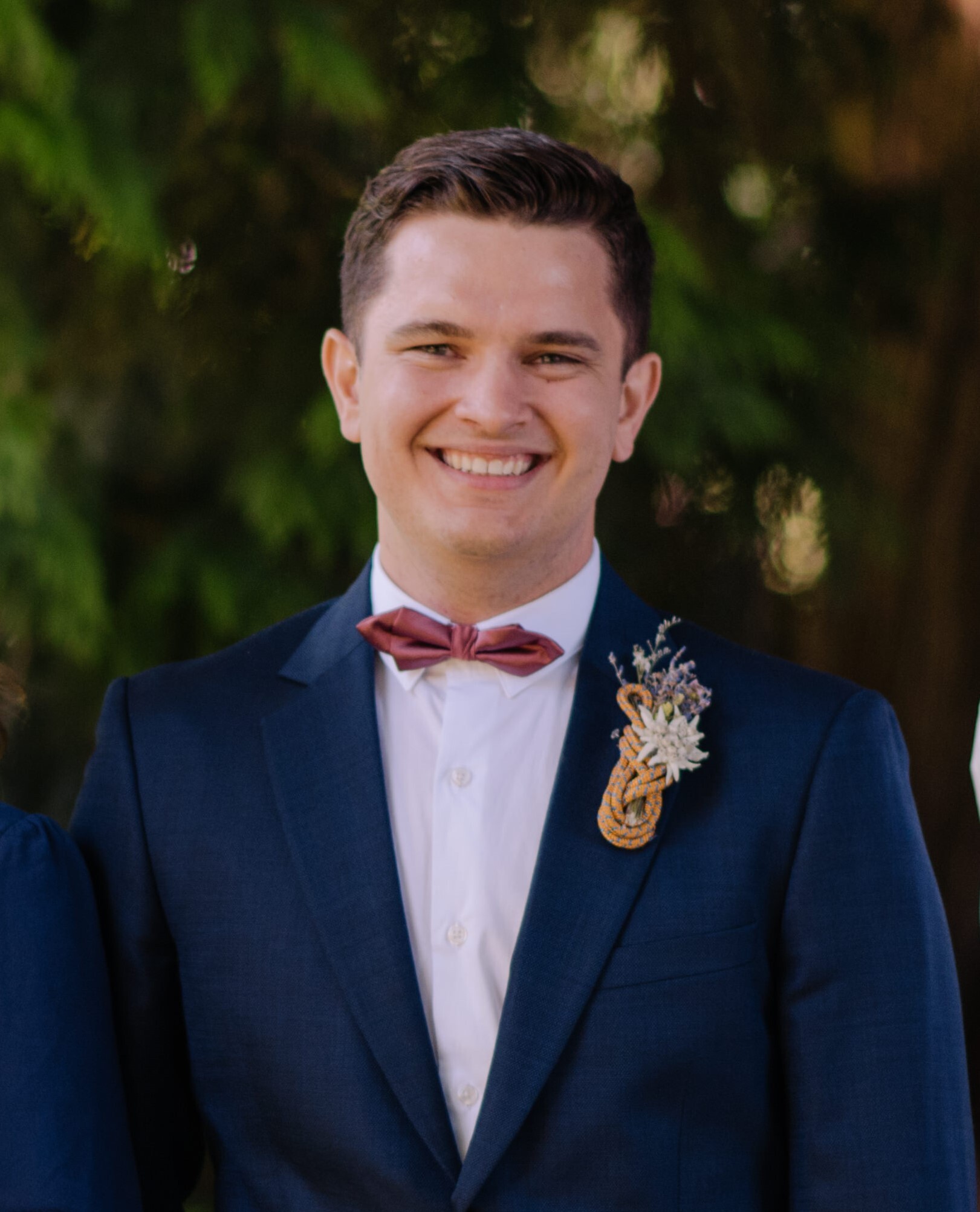 Stephen Busch, he/him/his
Stephen Busch, he/him/his
 Jenna Benbaruj, she/her
Jenna Benbaruj, she/her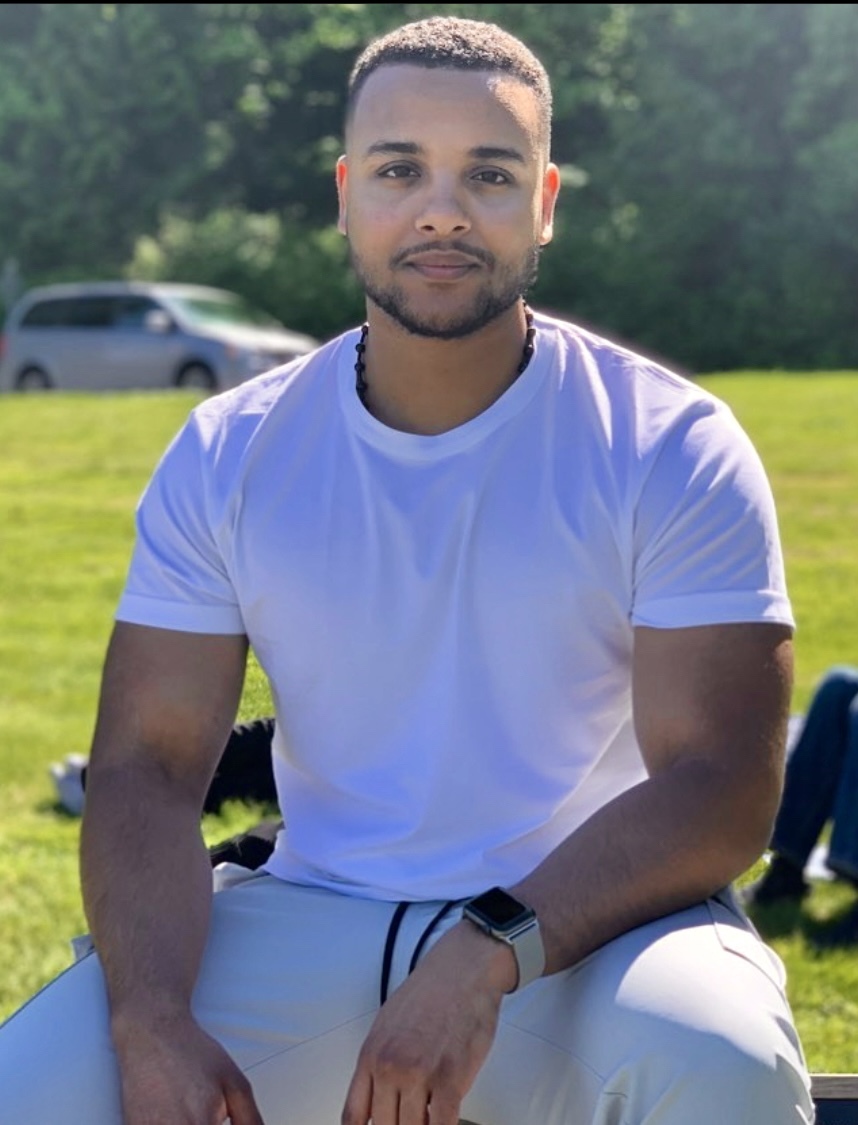 Ahmed Elsayed, he/him
Ahmed Elsayed, he/him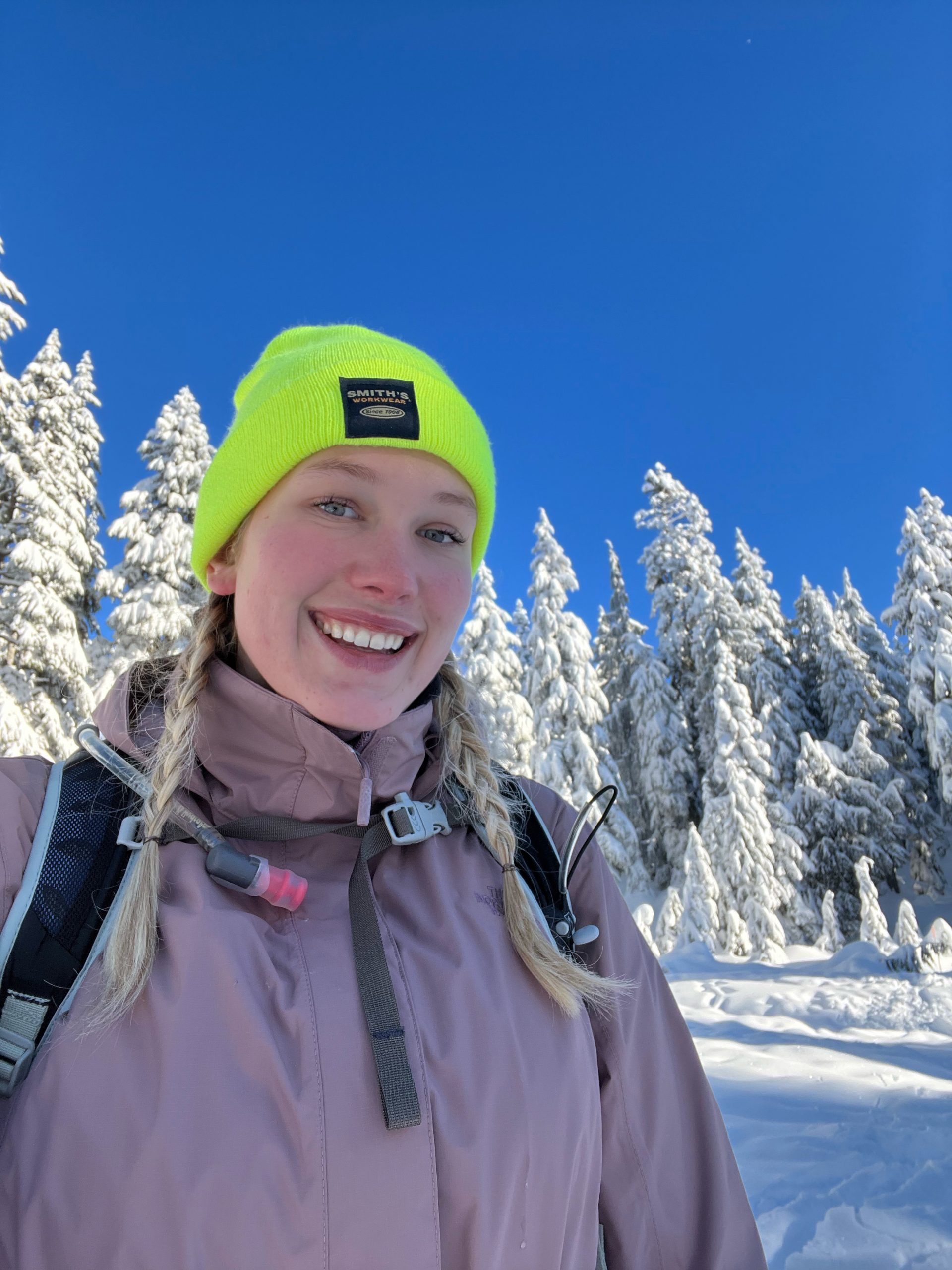 Nicole Lunde, she/her
Nicole Lunde, she/her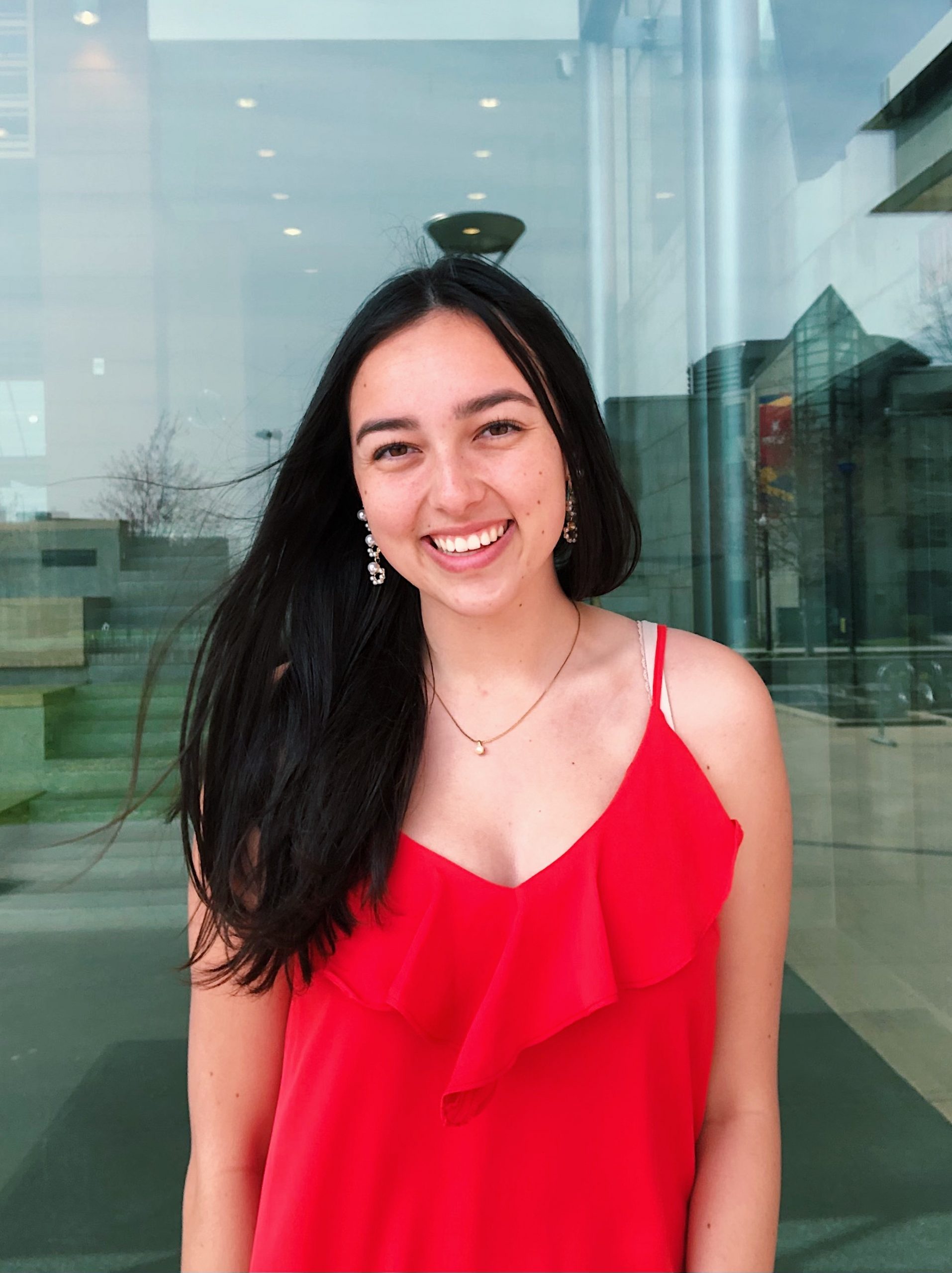
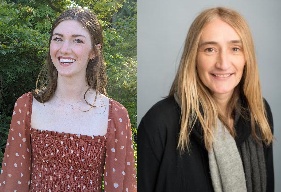 Congratulations to KIN BKin alum Brynn Alexander and Dr. Nikki Hodges for their new publication on task-switching strategies in partner exercises.
Congratulations to KIN BKin alum Brynn Alexander and Dr. Nikki Hodges for their new publication on task-switching strategies in partner exercises. This Season’s Podcast focuses on equality, diversity, and inclusion. It takes a different approach to the typical format, and instead of a single host conducting a 1-on-1 interview, there is a different panel of guests on each episode.
This Season’s Podcast focuses on equality, diversity, and inclusion. It takes a different approach to the typical format, and instead of a single host conducting a 1-on-1 interview, there is a different panel of guests on each episode.